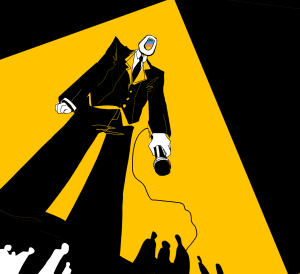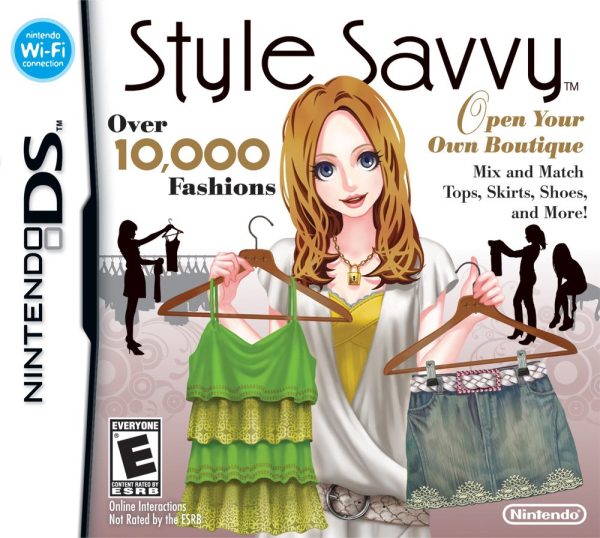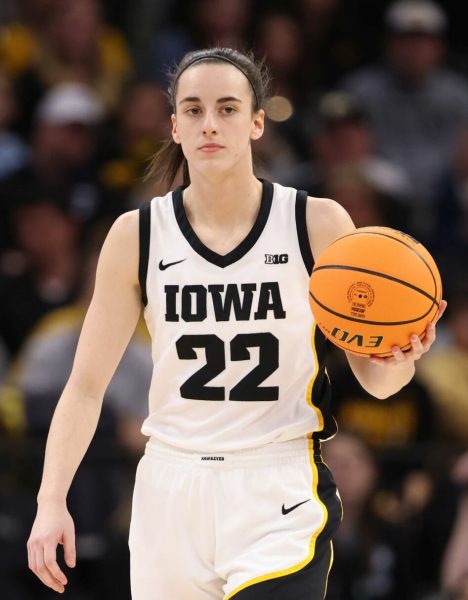The ins and outs of staying in the closet
November 14, 2014
If you’re LGBT, or have any connection with the LGBT community, then you have probably heard or given the advice that people should not come out of the closet until they are completely certain and 100 percent comfortable with the idea. However, I would like to argue that maybe this isn’t actually the best policy. Maybe it would be better for the LGBT community as a whole if all of us who are both able to come out safely and be comfortable enough with our own identities to be ready to share them with others did our part by coming out.
When I was in eighth grade, I was outed against my will by one of my friends, and it was of course an awful experience. After that, I went away to a boarding high school where no one knew me or anyone else from my middle school, so I was determined that there I would stay in the closet until I was absolutely sure I wanted to come out.
Thus began just over two years of my charade of straightness. My freshman year, no one else was out either. Going by the estimate that about one in ten people is LGBT, I assumed that there must be at least a few other people in my school of 180 girls that were something other than straight. So, I started a Gay-Straight Alliance (GSA) my sophomore year so that others would feel safe enough to come out. Yet still, I remained in the closet.
By the time I finally did come out to the club and school as a whole (my best friends had known for much longer), no one was really surprised. Still, once I was out, far more people started coming to me for advice about LGBT-related things, or just to talk because they were questioning their orientation and weren’t sure how to proceed. Though I had been leading my school’s LGBT charge for years, it took me coming out to really become a source of support for other queer and questioning students.
For that reason (and because being in the closet is ridiculously stressful), I wish that I had come out so much sooner, or even just stayed out once that middle school friend so thoughtfully did the work of it for me. I, like years of students at my school before me, decided to stay quiet. Had I gotten to the school and had other out students to look at and think, “Okay, it’s not so bad,” then I probably would have come out much sooner. Likewise, had I decided to break the closet cycle and tell my classmates the truth from the start, I could have set that precedent years earlier than I did and helped who knows how many other students to feel like they could safely come out, too.
Thinking about Laverne Cox’s recent talk, and how many times I have heard the word “representation” being thrown about in relation to it, I feel that we aren’t taking that word as far as we could. Absolutely, seeing out celebrities is a great source of inspiration and comfort for many LGBT people, but I think that having representation in our everyday lives matters, too. Having someone that you know personally who is living their LGBT identity openly can be a really powerful reminder that we can all be out and proud; it’s not just limited to celebrities. Plus, by coming out to those around you, you can also make yourself available as a source of immediate support for other members of the LGBT community, out or not.
For some, of course, coming out is simply not a possibility—it’s unsafe, or would lead to their families ostracising them. For the rest of us, though, I argue that it is morally better to come out and be a visible source of hope for others than it is to stay in the closet out of uncertainty or (like me) a determination to come out absolutely on my own terms.
As Captain Spock said, “The needs of the many outweigh the needs of the few, or the one.”
Aquene Kimmel, Opinion Editor, is pansexual.























